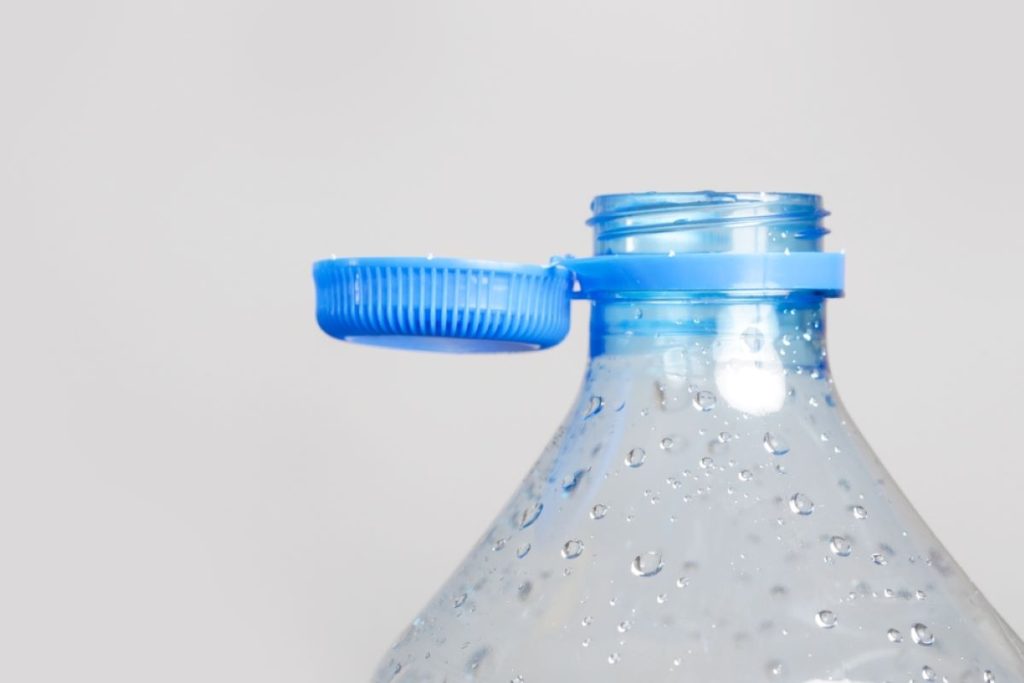PFAS are commonly used in firefighting foams, waterproof clothing, and consumer products.
Others are reading now
A new study published in ACS ES&T Water has uncovered widespread contamination of “forever chemicals” (PFAS) in drinking water samples across the globe.
99% of Water bottles Fom 15 Countries
Researchers from the University of Birmingham, along with institutions in China, found that 63% of bottled water samples contained detectable levels of these toxic substances.
PFAS, or perfluoroalkyl substances, are known for their persistence in the environment. The study found 10 specific PFAS chemicals in both tap and bottled water from major cities in the UK and China, according to El Economista.
Notably, perfluorooctanoic acid (PFOA) and perfluorooctanesulfonic acid (PFOS) were detected in more than 99% of bottled water samples from 15 countries worldwide. Tap water samples from Shenzhen, China, showed higher PFAS concentrations than those in Birmingham, UK.
Also read
Reduse PFAS Leves in Your Water
The study highlights that simple methods like boiling water or using activated carbon filters (such as pitcher filters) can reduce PFAS levels in drinking water by 50% to 90%, depending on the type of PFAS and treatment.
Professor Stuart Harrad, co-author from the University of Birmingham, emphasized, “Our findings highlight the widespread presence of PFAS in drinking water and the effectiveness of simple treatment methods. While current PFAS levels aren’t a major health concern, ongoing monitoring and regulation are essential.”
Bottled water from various countries showed different PFAS levels, with natural mineral water containing higher concentrations than purified water, though most levels were below health guidelines set by regulatory agencies.
However, in Shenzhen, the average PFOS concentration in tap water exceeded the U.S. EPA’s maximum contaminant level of 4 ng/L.
PFAS are commonly used in firefighting foams, waterproof clothing, and consumer products. These chemicals can enter the body through inhalation, ingestion, or skin absorption, leading to health issues such as weakened immune response, liver damage, low birth weight, and increased cancer risk.


